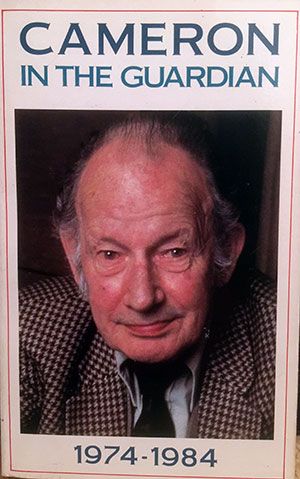‘The greatest novel you’ve never read’…
 The re-release of John Williams’ Stoner by Vintage Classics in 2013 prompted the Sunday Times to declare it ‘the greatest novel you’ve never read’. That’s quite a statement. An impossibility of course, but I understand the well-intentioned praise. I allowed myself to be convinced by the blurb on the cover and then, by page two hundred and eighty eight I came to the conclusion that this book really, truly, deserves greater recognition. That this novel is now receiving its just plaudits more than fifty years since its publication and some twenty years after the author’s death is a sad, damming fact about the world of literature and how so many fine works become obsolete in a sea of throwaway feel-goods.
The re-release of John Williams’ Stoner by Vintage Classics in 2013 prompted the Sunday Times to declare it ‘the greatest novel you’ve never read’. That’s quite a statement. An impossibility of course, but I understand the well-intentioned praise. I allowed myself to be convinced by the blurb on the cover and then, by page two hundred and eighty eight I came to the conclusion that this book really, truly, deserves greater recognition. That this novel is now receiving its just plaudits more than fifty years since its publication and some twenty years after the author’s death is a sad, damming fact about the world of literature and how so many fine works become obsolete in a sea of throwaway feel-goods.
The book’s brilliance is in its ordinariness, everything about Stoner, his job, his life and loves is ordinary. It’s you and I and our own stories set in America’s Midwest in the first half of the last century. William Stoner works hard for what he has and what he has is little compensation for a loveless existence in which only literature is his one true salvation. Williams captures the drudgery of existence and reminds us of the true significance of life and our own lives as insignificant as we may believe them to be.
Stoner is no hero but we will him on, he deserves better but accepts his lot with dignity and selflessness. He marries too young but with good intention, his one child deliberately estranged from him within his own home by a cold, incoherent wife whose contempt for him and her lot pushes Stoner into the arms of a young student and intellectual equal. We see at last a semblance of happiness in Stoner’s life, his affair with Katherine is intense and heart-breaking in its inevitable end. Like everything else in his life at that point, time, people and circumstance conspire to rob him of any salvation and so we see his sad acceptance of life and what has become of it.
This is a stunning narrative on the relationships we all enjoy and endure in our lives. I have read reviews which declare it a book about academics for academics but that misses the point. Much of the setting revolves around his work at a second rate university but the interplay between colleagues and the rise and fall of his career could be anywhere. Stoner is timid, he avoided the call-up for WW2 and was bullied at home and in the workplace. He held on to romantic notions of how university should be attended and taught and to these ends we see him fight back against his workplace aggressor. He, like his methods and beliefs are long out-dated, he buries himself deeper into medieval texts with erratic spurts of inspiration and enthusiasm. But time catches up with him, campus life has evolved and his sell-by-date long since passed, and all that is left to endure is a brief, forced retirement party and a terminal illness.
As his life draws to an end, Stoner accepts the life he has led, he knows his body of work and the contributions made to his field are small at best and he finds peace within that realisation. This novel is Stoner (Williams himself perhaps?) showing us really quite tenderly, the home truths about life and our place in the grand scheme of the world we live in. It questions the futility of working to the top of our chosen ladder before age and the intolerances of others diminish our significance and we, like Stoner, become a faded memory.
Stoner must surely be recognised as one of the great American novels.
Categories: The Reading Room






